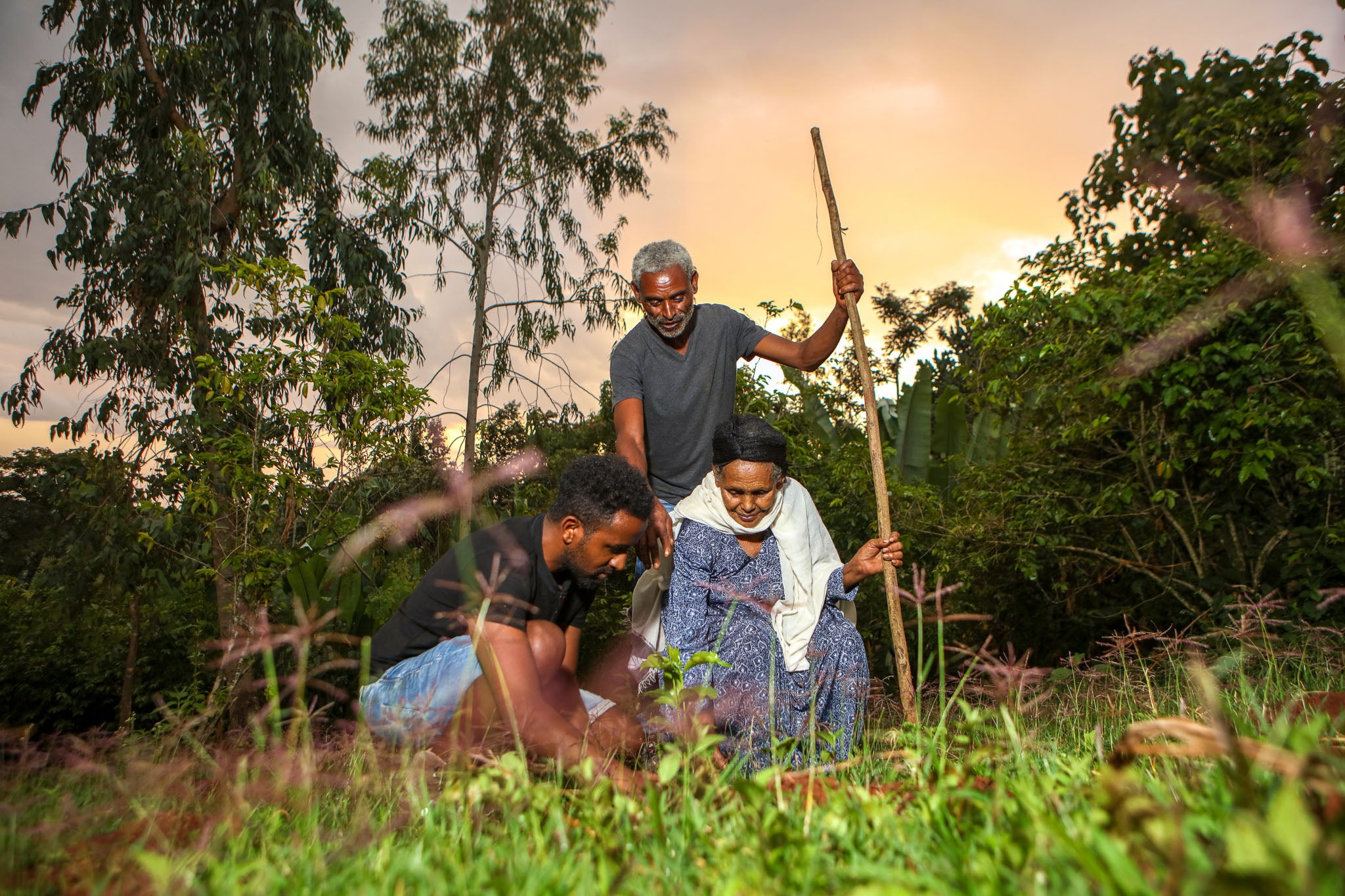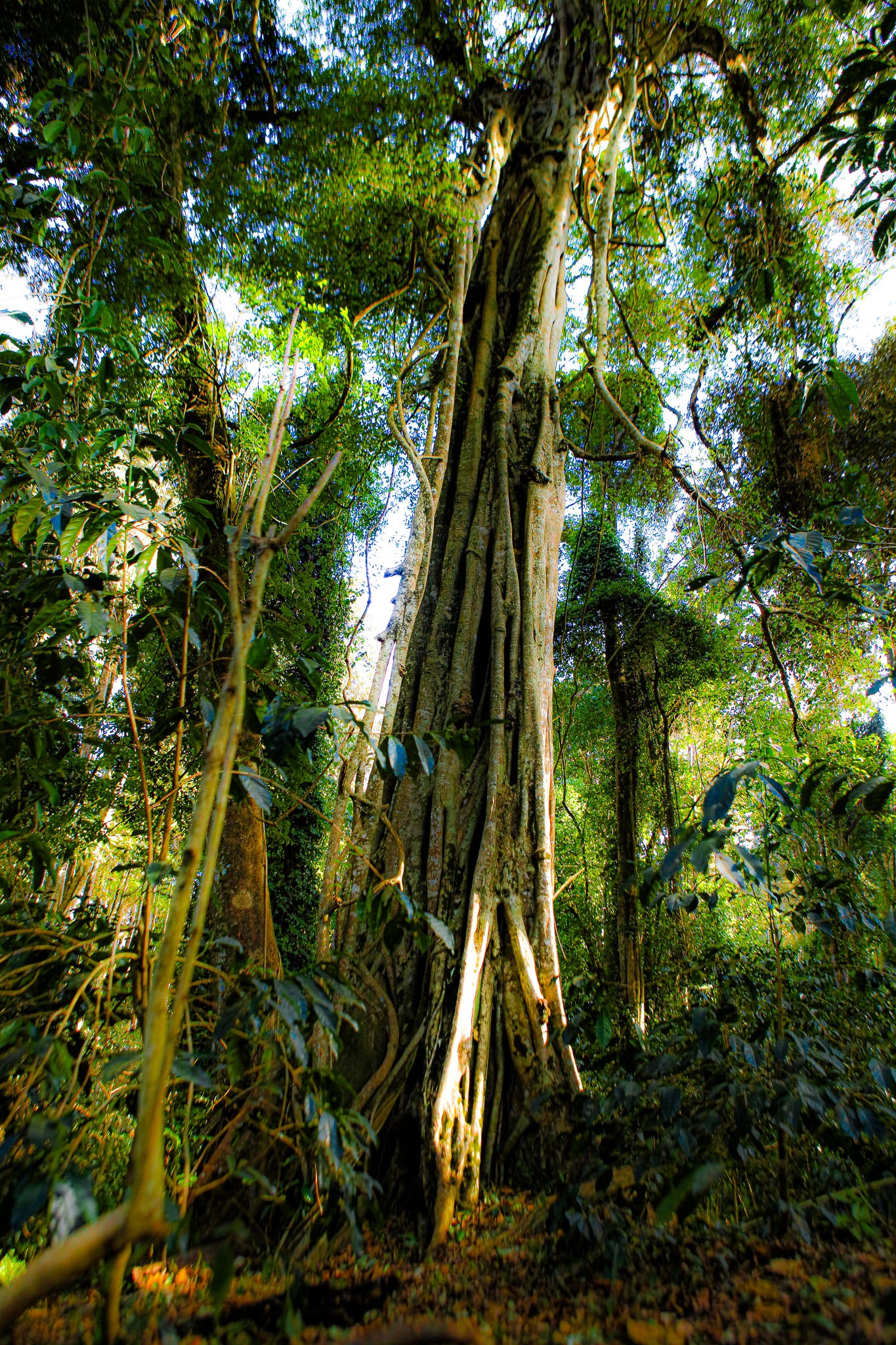Discover all our coffee lots and learn more about how we can grow our impact together.
Status: Afloat
Natural anaerobic processing on this lot from our own farm in Taferi Kela resulted in a unique profile of distinct sweetness and strong florality. A truly special cup.
Details
-
CategoryPremiere
-
Region, VillageSidamo, Taferi Kela
-
Farm, ProducerBette Buna Taferi Kela
-
ProcessingAnaerobic
-
Cup profileJasmine, green grape, blueberry
-
Crop24/25
Couldn't load pickup availability
Stunning cup profiles
Completely traceable
Unparalleled honesty
Transforming livelihoods
Details
Farm(s)
Bette Buna Taferi Kela
Varietals
Enat Buna, 74112, 74158
Altitude
1988-2100 MASL
Harvest time
Oct-Dec '24
Wet-mill
Bette Buna Taferi Kela
Processing
Anaerobic
Behind every lot a different story
Your lot ID
Story
Processing
Farm
Transforming communities


- Choosing a selection results in a full page refresh.
- Opens in a new window.





























